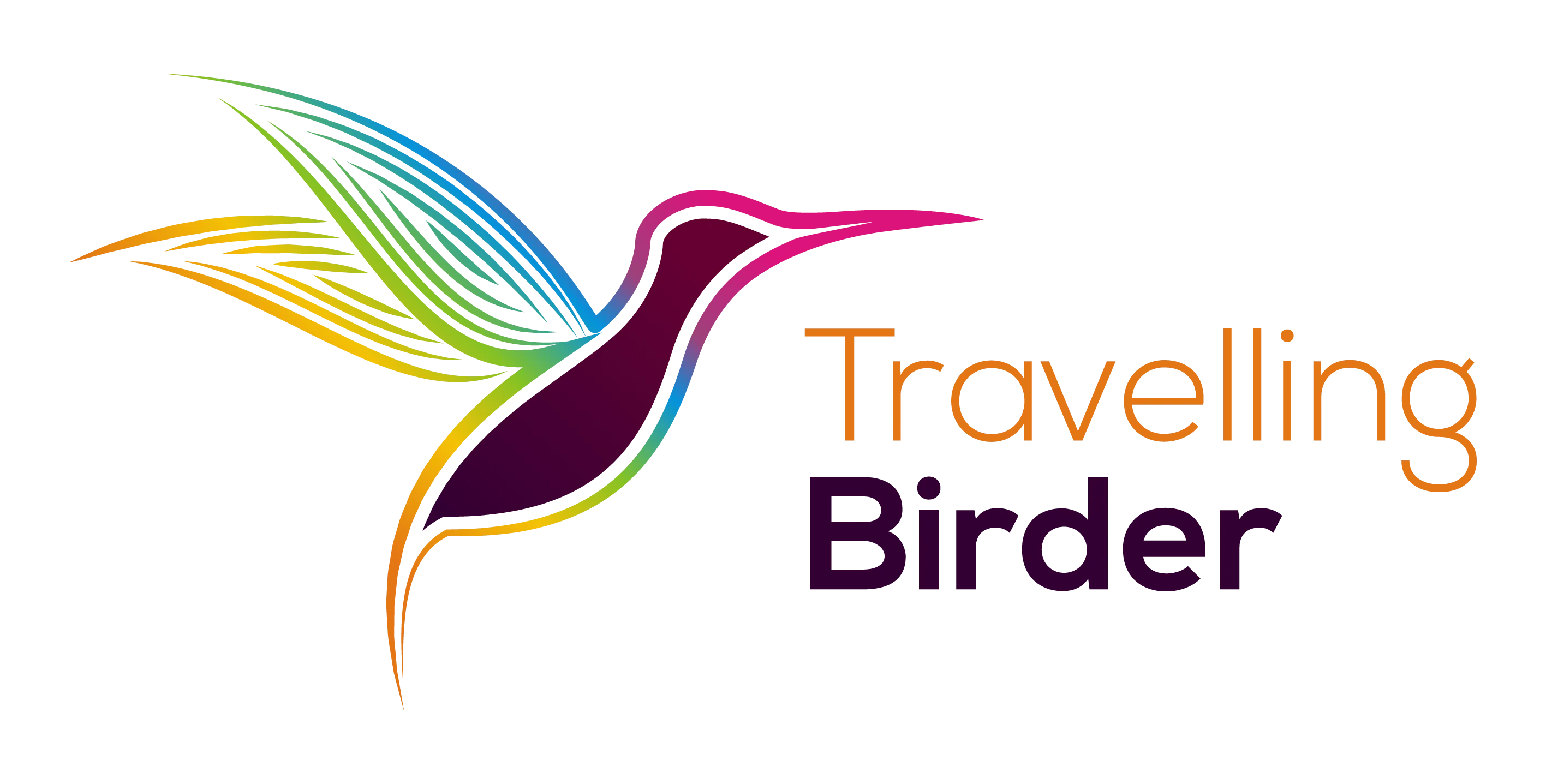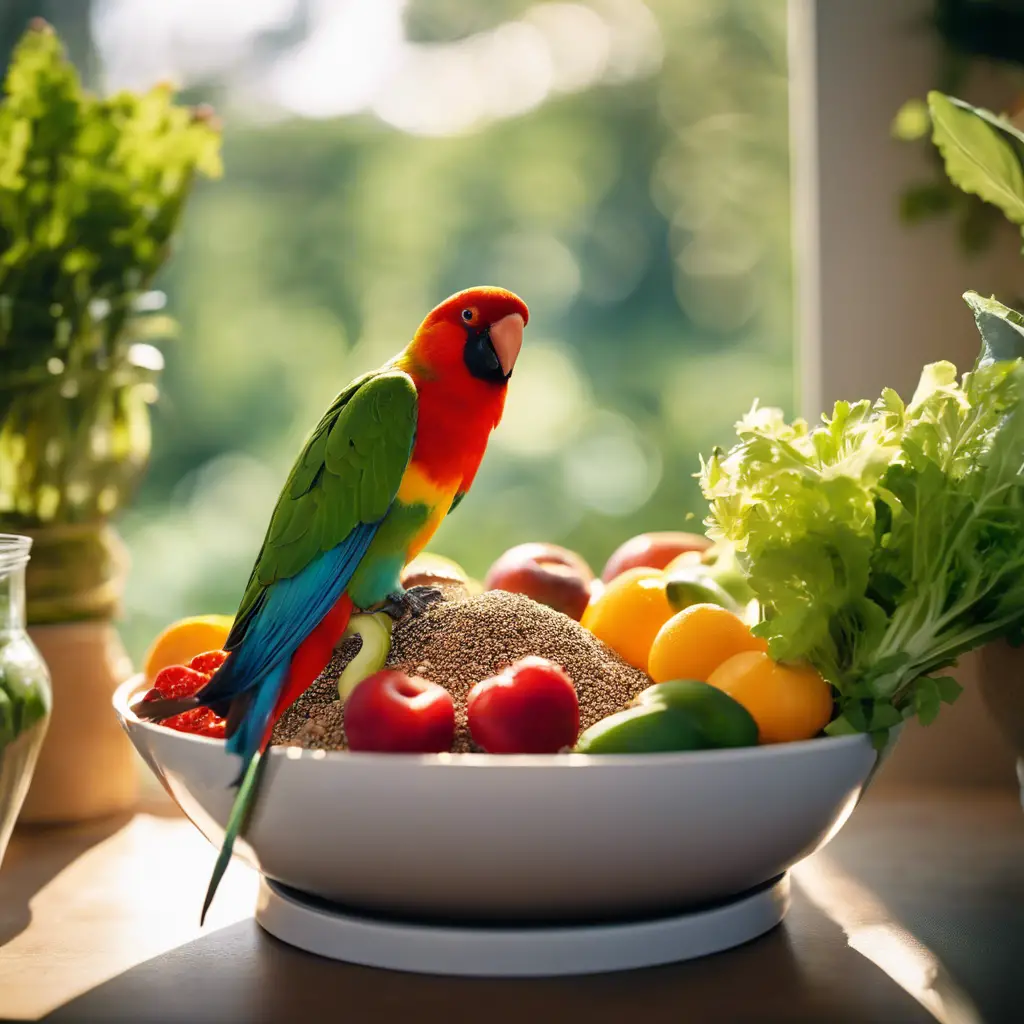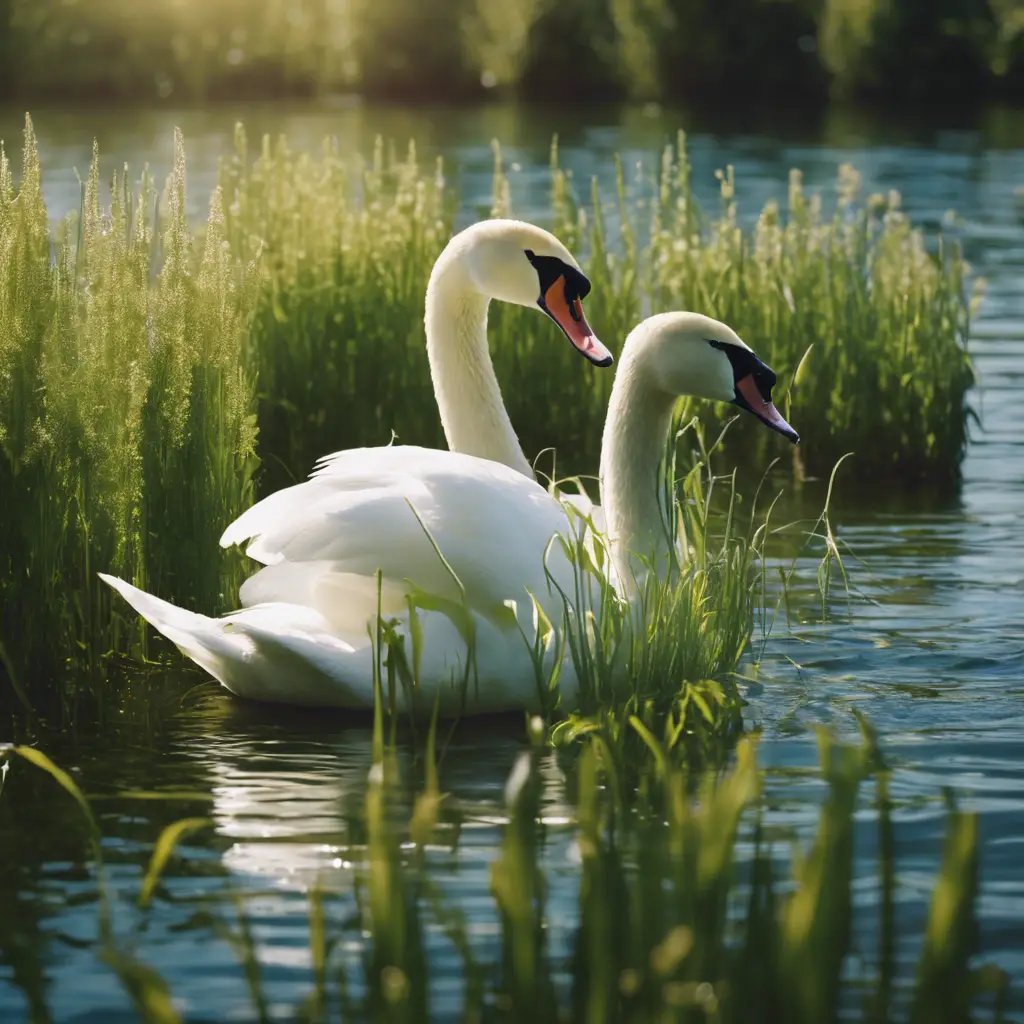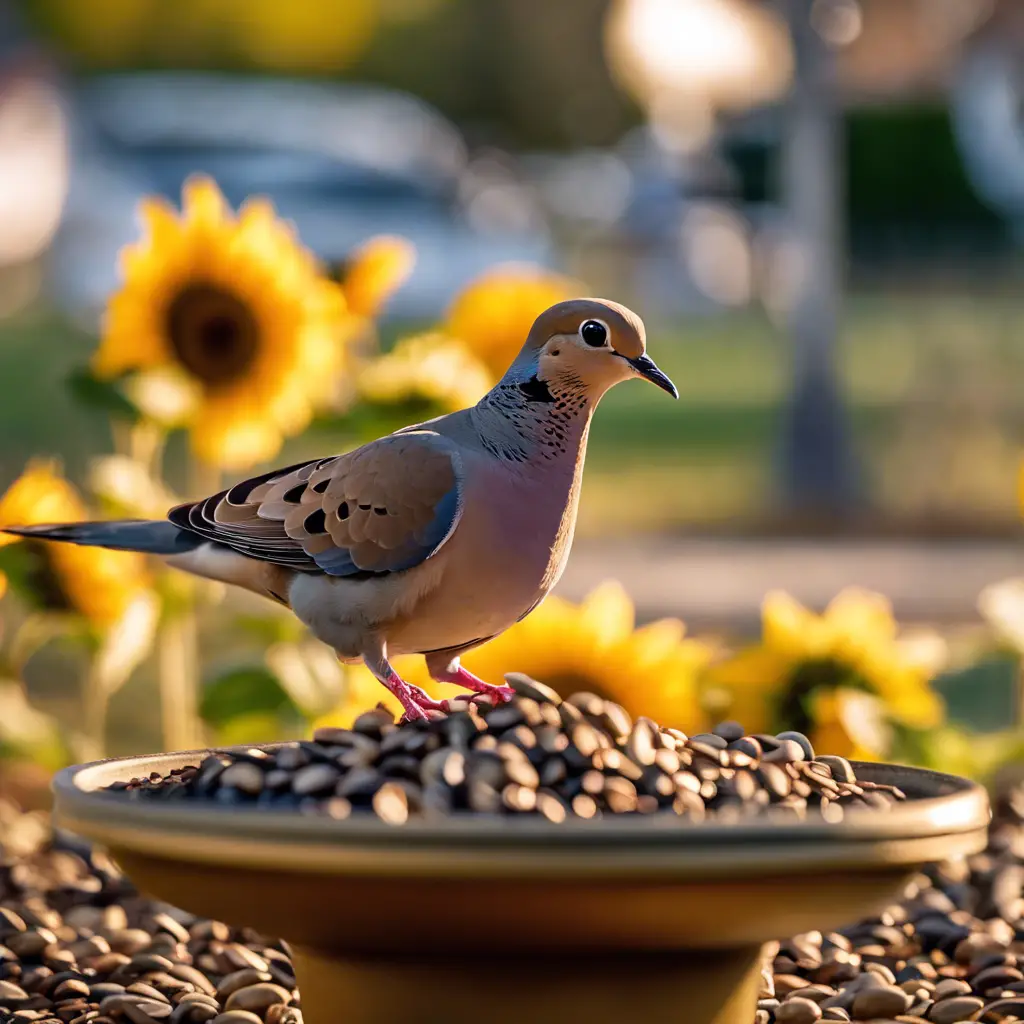Through my experience as an avian nutritionist, I’ve learned the intricacies of lovebird care. I believe a lovebird’s diet is pivotal to its well-being.
Once, I nurtured a lovebird back to health through a carefully balanced diet, which solidified my expertise in this field. I discovered that while they enjoy seeds, fruits, and vegetables, each bird has its preferences.
It’s crucial to avoid toxic foods like chocolate and avocado. Offering a varied diet isn’t just about sustenance; it’s about ensuring the vibrancy and joy of these charming creatures.
Key Takeaways
- Lovebirds should have a diet that includes a variety of seeds, fruits, and vegetables, as well as a formulated diet for complete nutrition.
- Fresh fruits like kiwi and grapes should be included in their diet to provide essential nutrients.
- Fresh water should be changed daily to ensure hydration and good health.
- Lovebirds should avoid high salt, sugar, or fat foods and toxic foods, and their diet should mimic their preference for fruits like kiwi, figs, and watermelons.
Lovebird Dietary Essentials
You’ll need to ensure your lovebird’s diet includes a variety of seeds, fruits, and vegetables to meet their nutritional needs. Different species of lovebirds might have specific preferences, but a balanced diet is key.
Seeds should form a substantial part of their diet, but don’t rely solely on commercial seed mixes. These often lack essential vitamins or minerals, so complement them with a formulated diet to provide a complete range of nutrients.
Include fresh fruits like kiwi and grapes, as well as a selection of vegetables, to add variety and essential nutrients. Change their fresh water every day to maintain hydration and health.
Avoid foods that are high in salt, sugar, or fat, and include a variety of foods to ensure a balanced diet.
Natural Lovebird Diets
Exploring the natural diets of lovebirds, you’ll find they primarily feast on a variety of seeds, fruits, and other plant materials in their native habitats. These species of birds often favor different kinds of seeds, with some showing a preference for grains and grasses depending on what’s seasonally available. When it comes to fruits and vegetables, they enjoy a range such as kiwi, figs, and watermelons.
Feeding a proper diet that mimics these natural lovebird diets is key to their health. To ensure your lovebirds get all the specific vitamins or minerals they need, incorporate a formulated diet alongside fresh foods. Always remember, while variety is crucial, steer clear of toxic foods that can harm your feathered friends.
Safe Fruits and Vegetables
In your quest to provide a nutritious diet for your lovebirds, it’s essential to include a variety of safe fruits and vegetables, such as kiwi, figs, and leafy greens, while meticulously avoiding toxic foods like avocado and chocolate.
When your lovebirds eat fruits and vegetables, they’re not just enjoying a treat; they’re getting vital nutrients. Here’s what to remember:
- Include fresh produce in their diet, but remember that vegetables must be washed thoroughly to remove chemicals.
- Offer common fruits like grapes and watermelon in small amounts to prevent overeating.
- Ensure all food items are cut into manageable pieces to prevent choking.
- Nutritious food can be delightful; rotate their treats to keep your lovebirds excited about their meals.
Daily Nutritional Needs
Ensure your lovebird’s daily diet fulfills their nutritional requirements by providing a balanced mix of pellets, seeds, fruits, and vegetables. A formulated diet with a proper balance of carbohydrates, proteins, and fats is crucial. Lovebirds often require different amounts of food at different life stages, so the seeds per day should only be a part of this variety.
A varied diet must include a rotation of fresh food, and water dishes should be replenished daily to maintain health. Monitor the amount of food eaten and adjust accordingly. Always consult your veterinarian for guidance on the nutritional needs of your lovebird, especially if you notice changes in their appetite or behavior.
Dangerous Foods to Avoid
When caring for your lovebird, it’s crucial to steer clear of certain foods that can be harmful or even toxic to them. Your feathered friend’s health can suffer from ill health and potentially dangerous consequences if they consume the wrong things.
Here’s a list to keep in mind:
- Alcoholic beverages: These should never be offered as they can cause severe health issues.
- Iceberg or head lettuce: These offer very little nutritional value and can lead to an imbalanced source of nutrition.
- Chocolate and avocado: Both contain substances that can be toxic to birds.
- Foods high in salt or sugar: These aren’t foods eaten every day by lovebirds and can harm their health.
Remember to assess your bird’s diet regularly and consult a vet before you decide to modify a bird’s diet or introduce a new food item one day.
Treating Your Lovebird Right
Your lovebird’s diet should be rich in variety and nutrients to promote their well-being and happiness. It’s crucial to ensure that clean water must always be available, as lovebirds drink frequently to stay hydrated. When you’re raising young or caring for adults, they need a proper balance of seeds, fruits, and veggies.
Here’s a handy guide:
| Freshness | Importance |
|---|---|
| Fresh food and water dishes | Prevents bacterial growth |
| Clean water must be available | Essential for hydration |
| Moist food | Offers variety and nutrients |
| Favorite types of seed | Staple of lovebird diet |
Remember to monitor the amount of moist food, as different plants come with varying nutritional values. Keep their food diverse and their water dishes pristine to treat your lovebird right!
Feeding Baby Lovebirds
In caring for baby lovebirds, you’ll need to provide them with a specialized diet that’s rich in nutrients to support their rapid growth and development. Feeding baby lovebirds requires attention to their special needs throughout their early stages. Here’s what to offer:
- A formula developed to meet the birds’ nutritional needs, ensuring they get a balanced intake.
- A form of pelleted food specifically designed for young birds, which is easier to digest.
- Fresh, clean water that’s always lukewarm to encourage proper hydration.
- Plus some fruits and vegetables, high in fat and essential vitamins, to complement their diet.
Monitor your bird’s intake and growth closely, adjusting as necessary to their diet and its particular needs.
Frequently Asked Questions
What Food Is Best for Lovebirds?
You’ll want to feed your lovebirds a mix of pelleted food, accounting for 75-80% of their diet, and fresh fruits and veggies making up the remaining 20-25%. Always provide clean, fresh water.
What Food Can Lovebirds Not Eat?
You mustn’t feed your lovebirds onions, garlic, chocolate, avocado, or caffeinated products, as these can be toxic. Also, skip dairy and avoid pits from certain fruits and high-fat foods like peanut butter.
What Do Lovebirds Eat Seed?
You’re wondering why lovebirds eat seeds? It’s because they’re instinctively drawn to them for their diet, but remember, balance their intake with pellets and fresh foods for optimal health.
What Are Lovebirds Favorite Treats?
You’ll find lovebirds adore fresh fruits like kiwi and grapes, but their preferences vary—try different treats to discover their favorites. Remember, moderation is key when offering these special snacks to your feathered friend.
Conclusion
In caring for your lovebird, ensure they munch on a mix of seeds, fruits, veggies, and nuts, tailoring their meals to their tastes. Always provide fresh water and remember, a quarter of their diet should be fresh foods.
Steer clear of no-nos like chocolate and avocado. Treats are great for bonding but don’t overdo it. For the little ones, special care with hand-feeding formulas is key.
A balanced diet means a happy, healthy feathered friend.

An avid ornithologist, zoologist and biologist with an unwavering passion for birds and wild animals.
Dr. Wilson’s journey in ornithology began in childhood and led him to obtain a Ph.D. in Ornithology from the prestigious Avian Research Institute. He has worked closely with renowned experts in the field and conducted extensive research and field studies globally.





